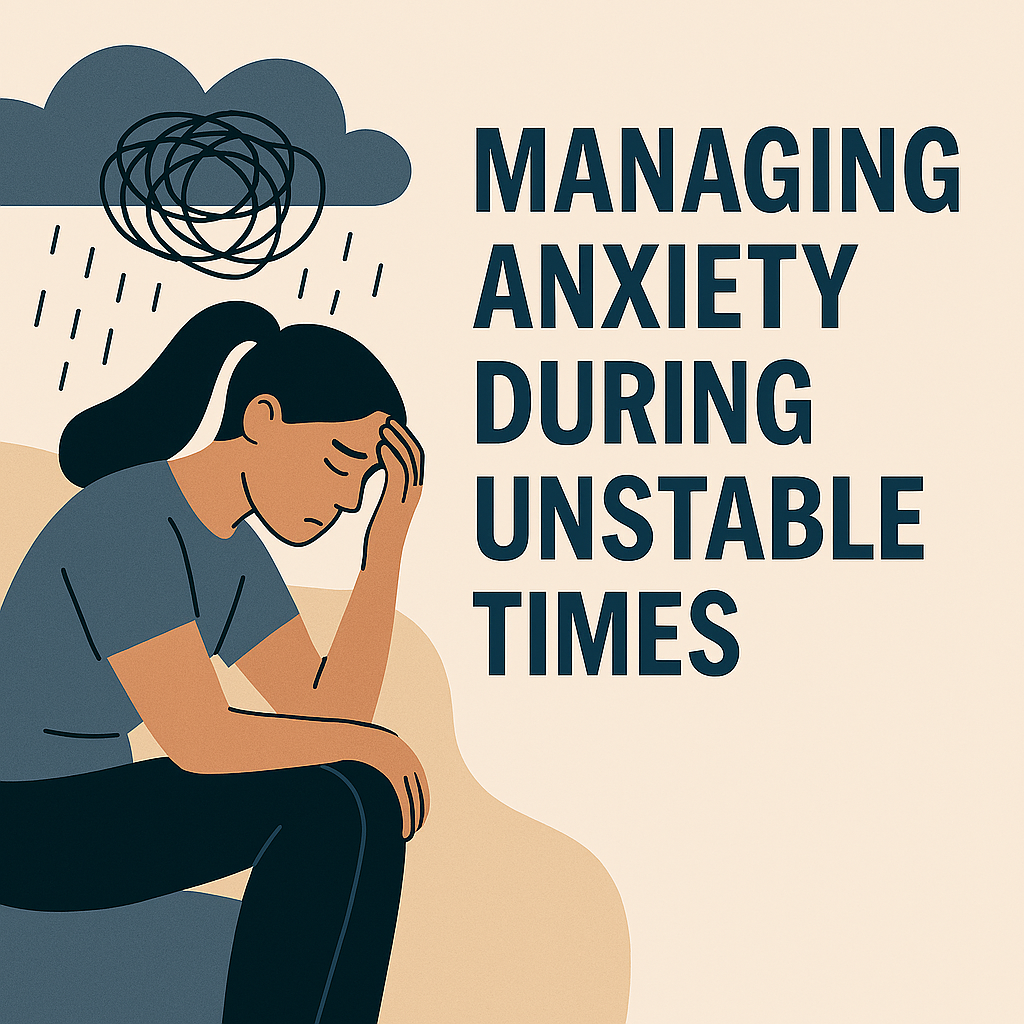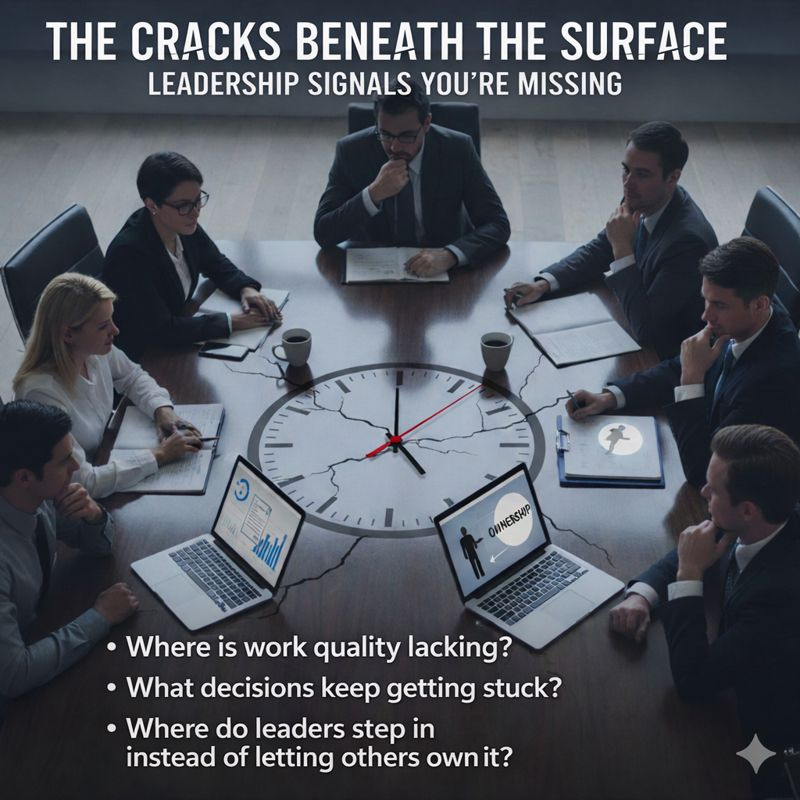Managing Anxiety During Unstable Times

The past five years have brought many big changes. From world events to personal challenges, life feels less predictable than ever. This constant uncertainty affects our emotions and mental health both at home and at work.
When everything feels unstable, it's normal to feel confused and frustrated. Sometimes we react in ways that don't help. Anxiety happens when we worry about what might go wrong in the future. Our minds race with "what if" thoughts, affecting us both physically and mentally.
The good news is we can build emotional resilience to handle these tough times better. Here's how to start:
Focus on what you can control: When something specific is making you worry, figure out what steps you can take to reduce negative outcomes. If you're stressed about being late to a meeting, set a reminder on your phone to leave with enough time to arrive 15 minutes early. If you're concerned about finishing a work project on time, schedule dedicated time on your calendar to work on it. If you realize you can't finish it alone, ask your boss if you can have more time or see if a coworker can help out.
Take positive action: Instead of worrying about problems, do something small to make your situation better. Clean your workspace, call someone you care about, or take a short walk outside.
Build stronger relationships: Reach out to family, friends, or coworkers. Have lunch together, share your worries with someone you trust, or simply check in on others. These connections help us feel less alone during hard times.
When we work together and support each other, we can step back from fear and worry about situations we can't control. Remember, we can't control everything that happens, but we can control how we respond.


